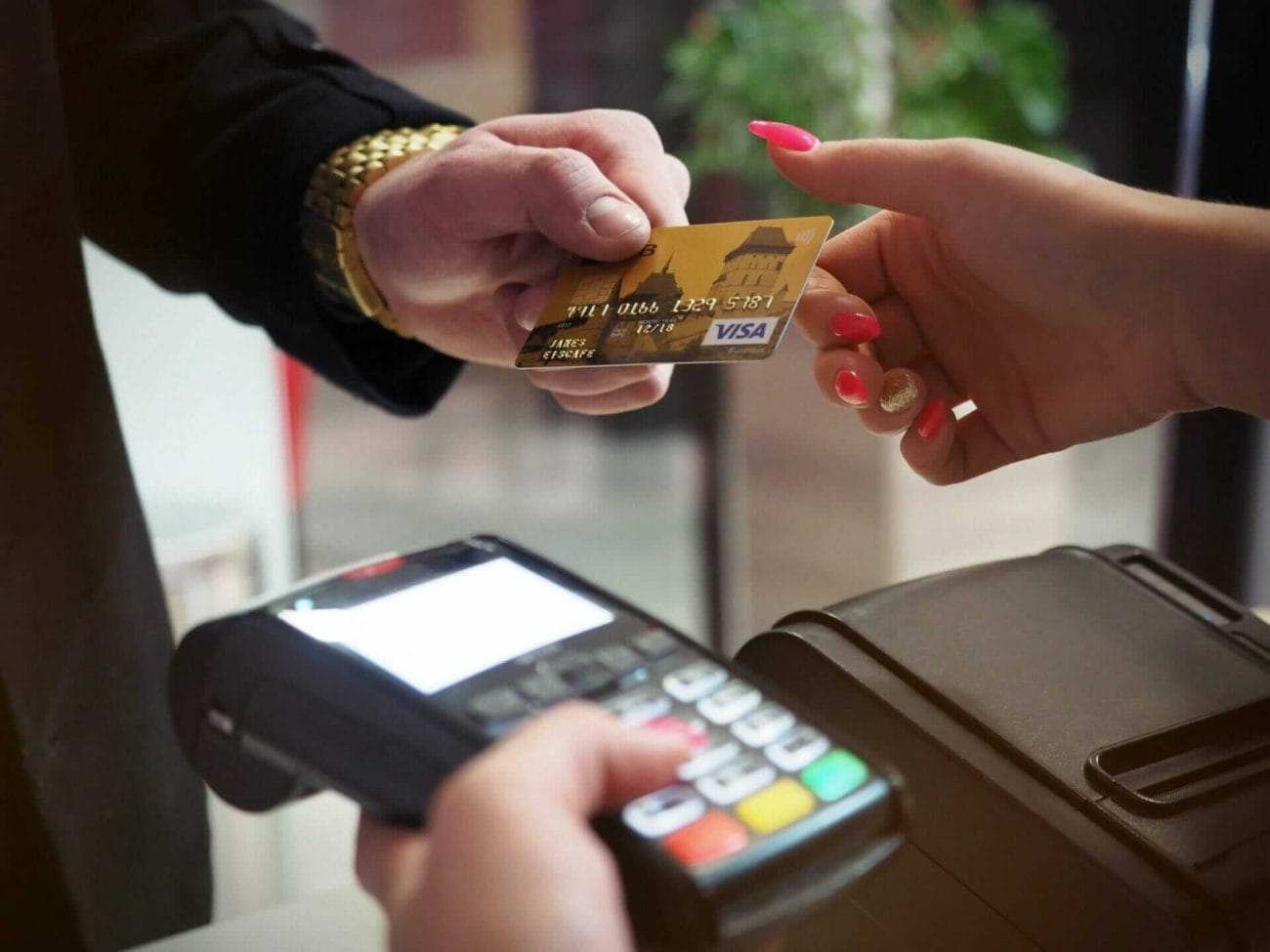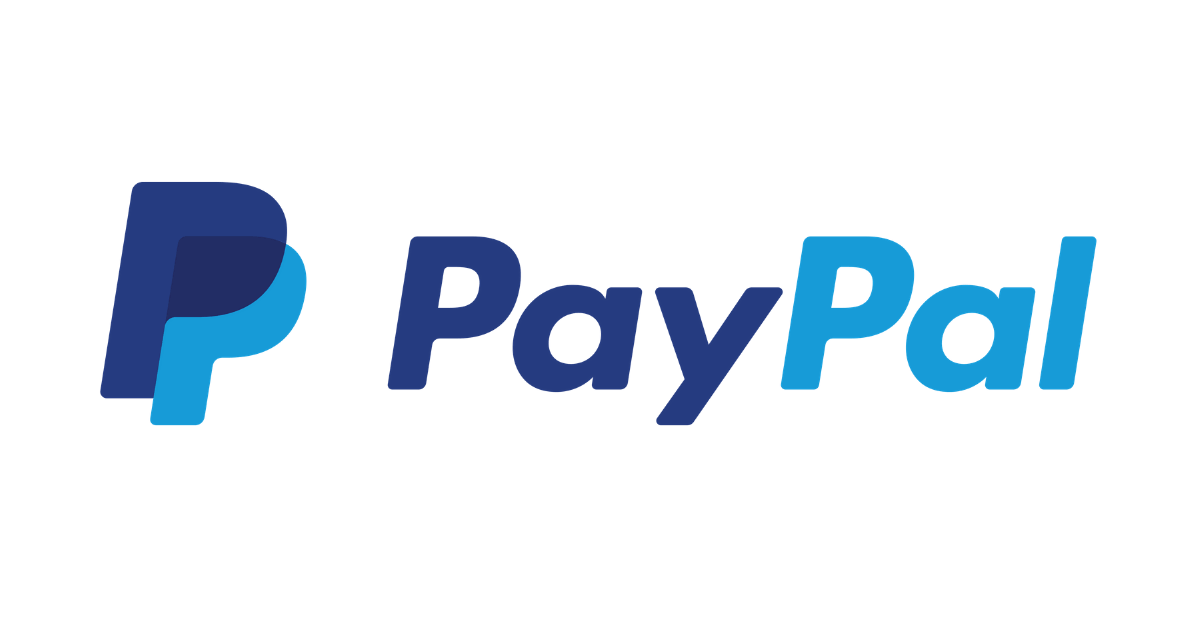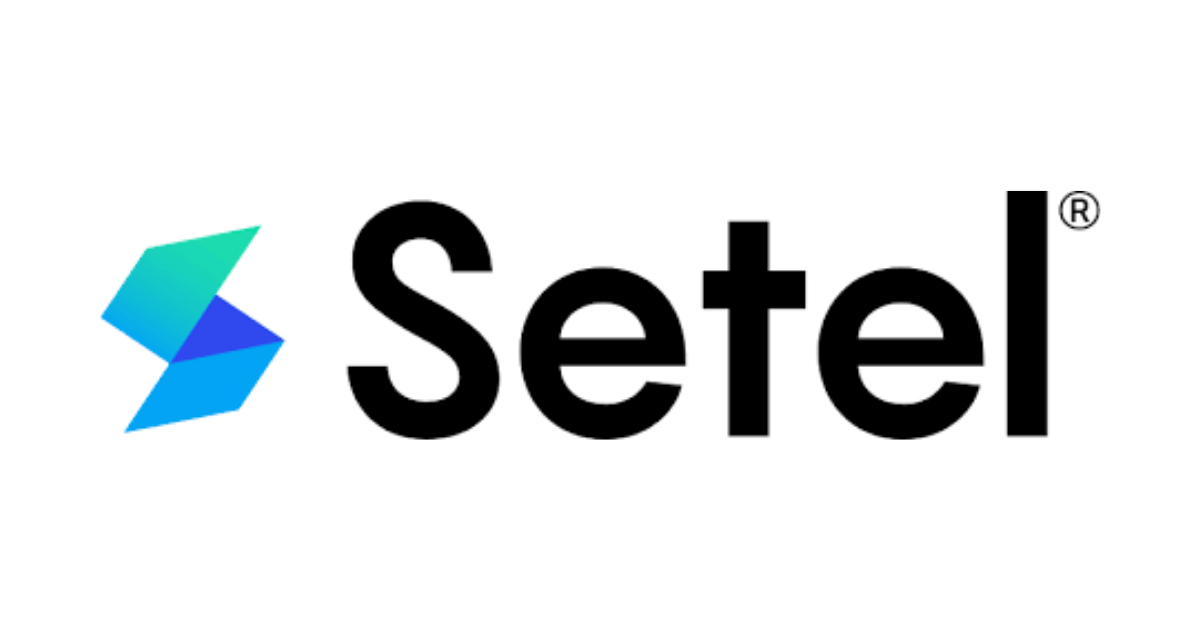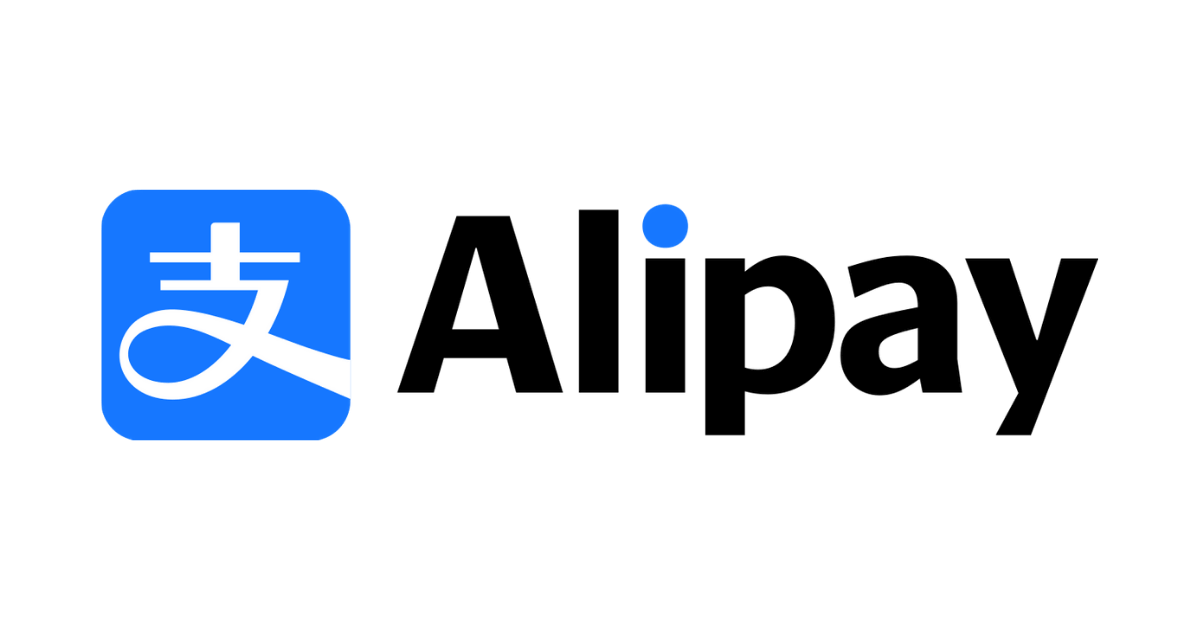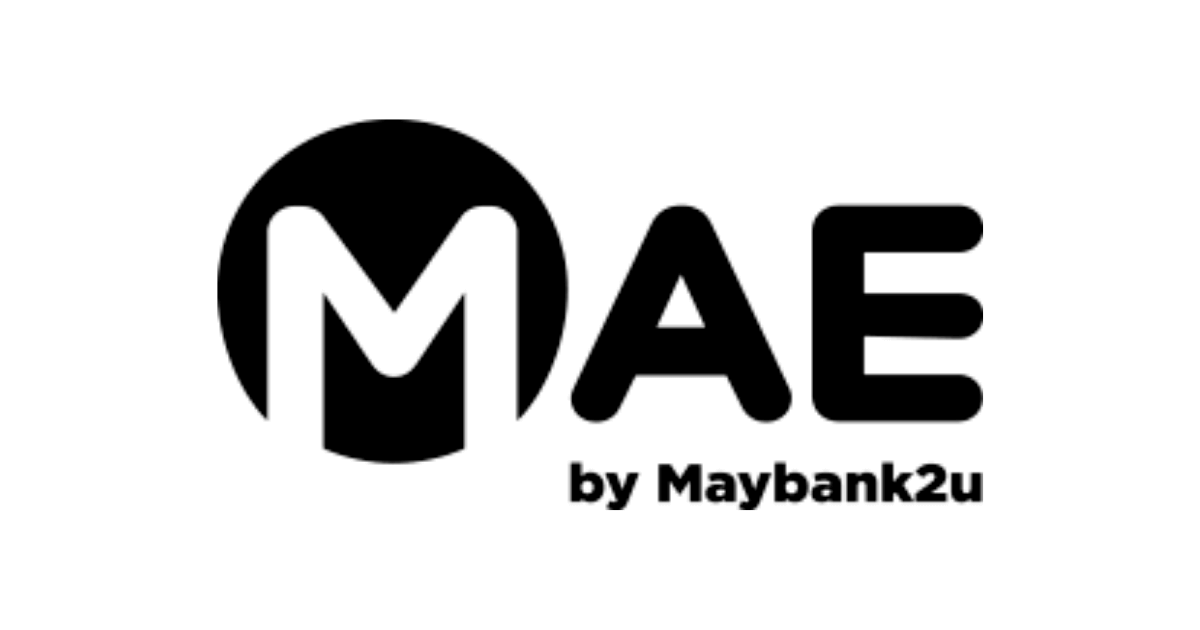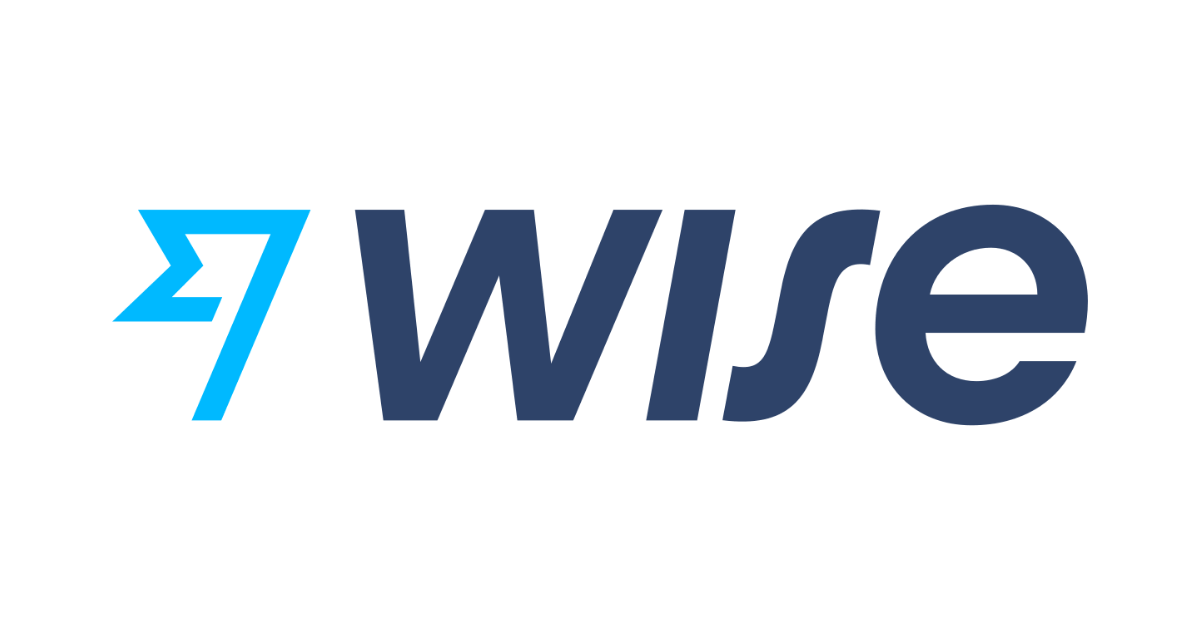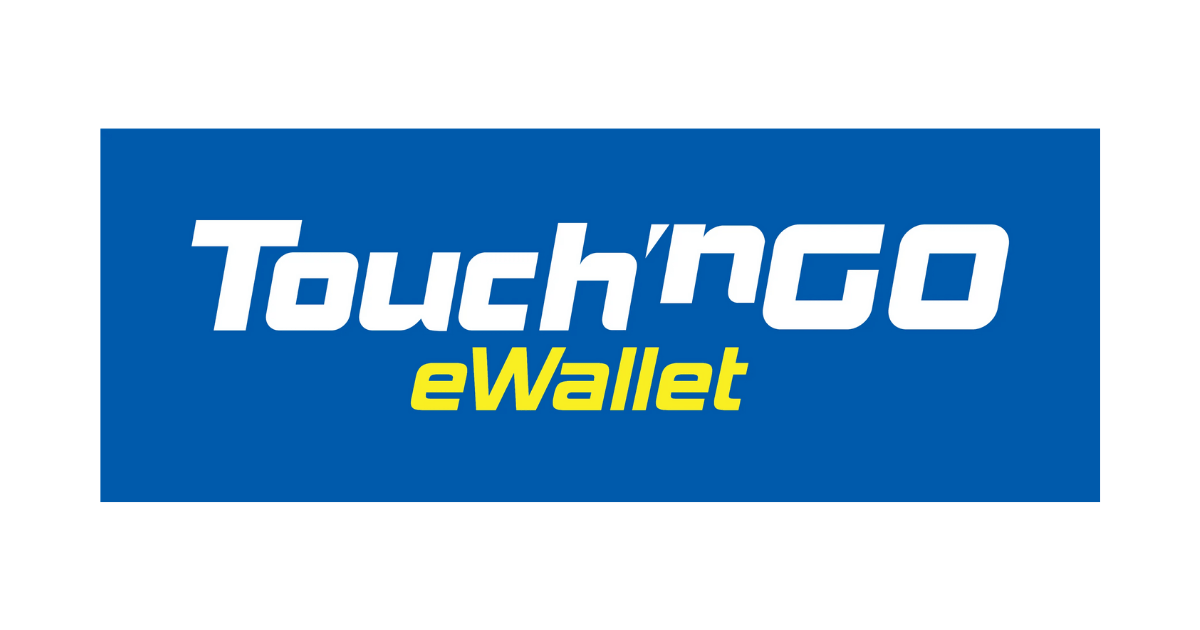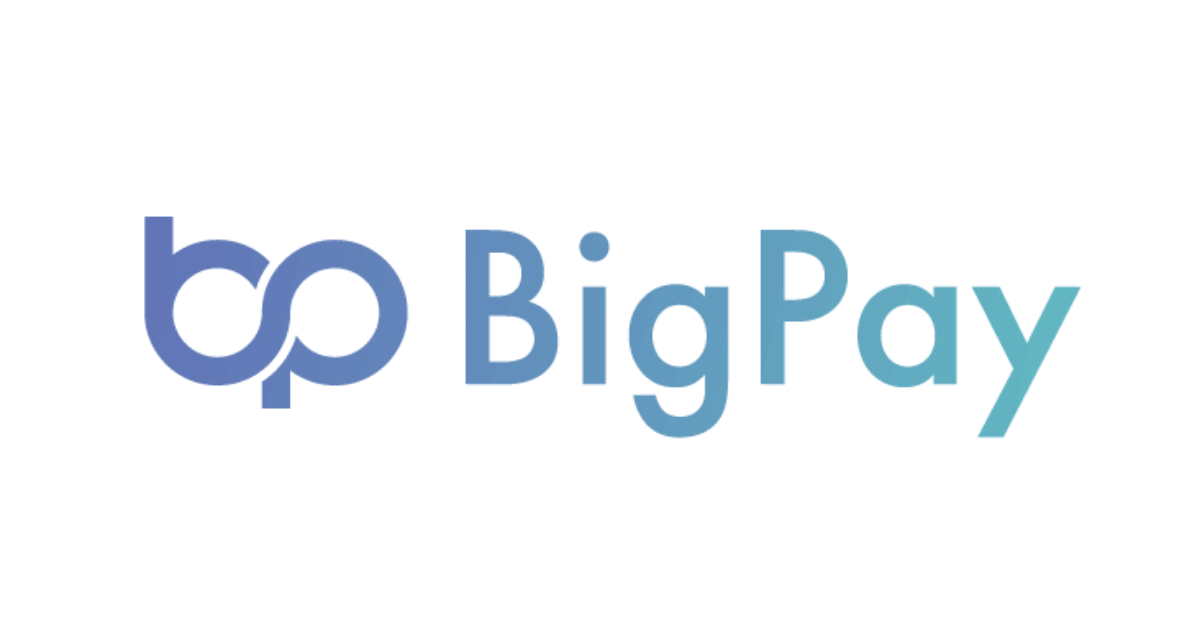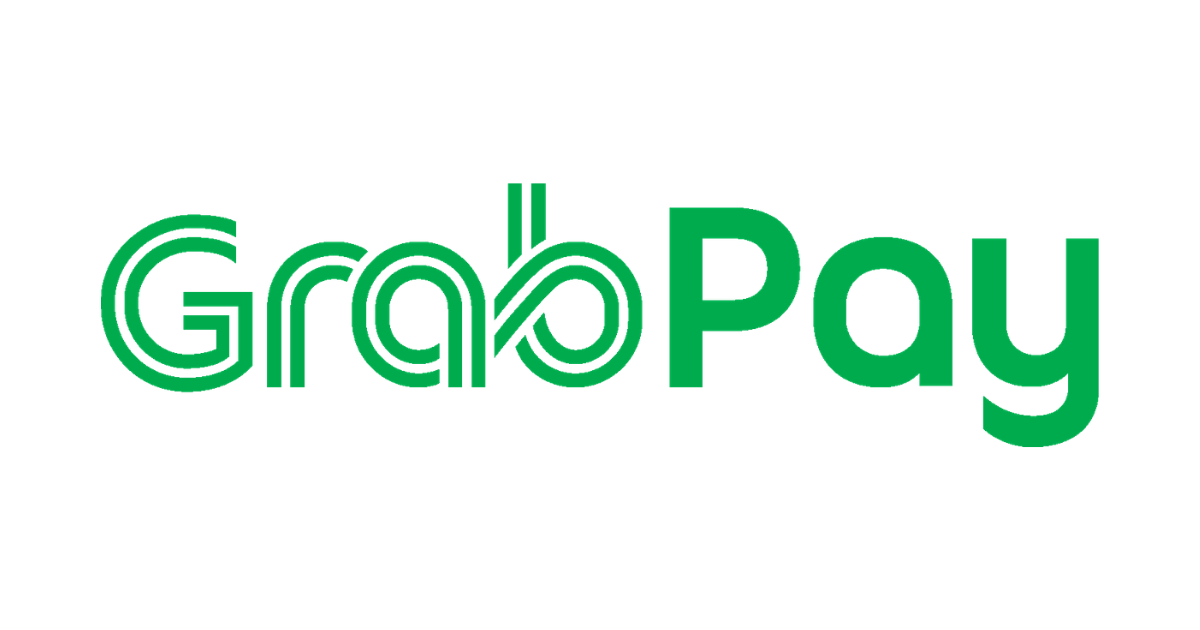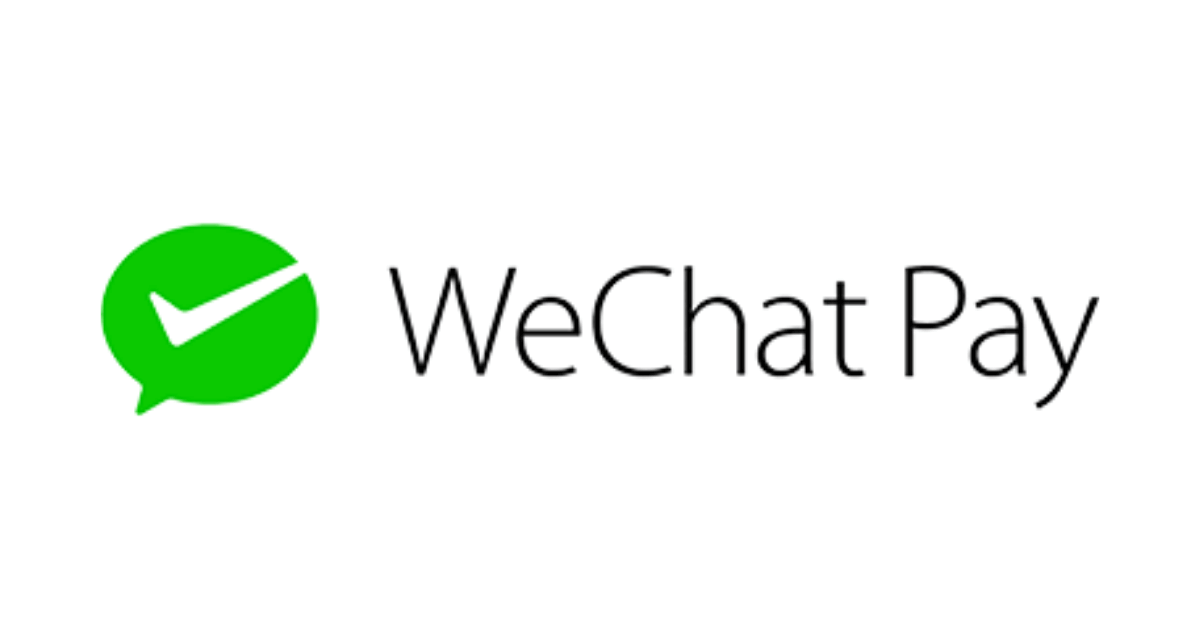Fintech is described as incorporating technology into investment banking products. According to the GCG Asia Bank research team, this is to expand their use and delivery to customers. Companies challenge establishment candidates in the finance industry by raising financial participants and lowering operational costs via technologies. Following the GCG Asia Bank research, Fintech improves the health of conventional financial institutions by increasing efficiency and profitability. As credit unions see fintech companies as allies in this process instead of vendors of goods, the possibilities grow.
Over 70% of Southeast Asia currently lacks adequate financial resources, and numbers of small and medium-sized enterprises (SMEs) continue to face significant funding shortages. Owing to low profits, existing banks frequently ignore the underbanked, but, with the advent of emerging technology, fintech companies are gradually happy to discover a financially feasible system to deliver needed services.
GCG Asia Bank research team will highlight seven legit fintech companies that are currently providing banking services to Southeast Asia’s unbanked populations, as Fintech is poised to rethink how customers buy, earn, and finance all across the country.
Julo (Indonesia)
GCG Asia Bank research team says that Julo is a (P2P) peer-to-peer financing platform that offers unprotected credit facilities. It was established in 2016 and is based in Jakarta. Julo’s patented credit rating system uses machine learning (ML) and sophisticated credit processing to measure people’s financial health, which traditional lenders frequently ignore.
“Julo has received awards from the International Community, Universal Fintech 50, and also for accelerating financial inclusion in Indonesia through increasing capital accessibility for the nation’s large, young generation. Julo had distributed about $50 million as of the end of September 2019. Last year, the startup raised $15 million in a Series A funding phase,” explains GCG Asia Bank researchers.
MyCash Online (Malaysia)
According to GCG Asia Bank Research team, MyCash Online is a marketplace established in 2016 in Singapore and Malaysia exclusively for migrant workers. MyCash Online provides fast, safe online services such as bus, air, and overall management transactions, foreign refill credit card payments, and digital financial transactions to international employees who do not have access to personal loans.
“Users must first register on the official website or on the smartphone app with a valid ID to use the service. They will get an SMS with a periodic password and PIN by SMS until their ID checks and their registration has been validated. We need to buy coupons from MyCash Online after they have logged in, which they will use to purchase services from the marketplace,” said the GCG Asia Bank researcher team.
MyCash Online secured seed investment from 500 Companies last year and is now seeking Series A funding. The 2019 SFF x SWITCH Fintech Prizes were held in partnership with SWITCH. MyCash Online came second in the ASEAN Open division.
Saphron (Philippines)
Saphron is a start-up that seeks to create an insurance policy that is more available in Southeast Asia, according to GCG Asia Bank research analysts. Saphron is based in Manila but has its headquarters in Singapore. The company uses cutting-edge technology to offer financial security and assist the affordable, ultra-convenient, easy to buy, and quick to assert.
Researchers from the GCG Asia Bank research team discovered that the firm had created a NAN microinsurance network powered by artificial intelligence (AI). Microinsurance brokers can enroll clients, monitor operations, and file lawsuits with artificial intelligence in a fraction of the time and cost that paper-based payments require.
Saphron Platform is an online platform including security and protection services that’s “bite-sized. “ Saphron was able to increase S$1.35 million in venture capital. In March 2019 from Sage, a financial technology VC fund, and Talino Labs, an investment lab that sponsors businesses engaging in digital transformation,” according to GCG Asia’s searcher team.
CredoLab (Singapore)
CredoLab, based in Singapore and established in 2016, creates digital bank-grade scorecards based on anonymous mobile metadata. CredoLab’s AI algorithm can analyze above 1m functions from opt-in digital mobiles datasets to identify behavior trends and convert them to creditworthiness, according to the GCG Asia Bank research team. They are based on more than 18 million data acquired from 50+ financing companies to develop in 19 countries.
According to the GCG Asia Bank research team, CredoLab’s mission is to redefine how credit rating is measured by allowing policymakers to exploit mobile metadata and tap into financially underserved communities such as the new-to-credit (NTC) and new-to-bank (NTB) consumers. CredoLab was the 2019 SFF x SWITCH Fintech Awards champion in the ASEAN Open group, having powered around $1 billion in loans based on mobile metadata.
GCG Asia Bank research team makes a finding that CredoLab was appointed Indonesia’s first credit scoring fintech company by the Financial Services Authority (OJK) in January 2020. This year, the organization expects to raise at least $3 million in a new A financing round to help support its international expansion plans and research and development (R&D).
SmartNet (Vietnam)
According to the GCG Asia Bank research team SmartPay, a program for crypto wallets introduced in May 2019 and aimed at the nation’s vast community that is financially underfunded customers and enterprises. SmartNet is a company located in Ho Chi Minh City.
SmartPay makes direct cash payments free of charge, power bill payments, QR payoff, a work page, and other services. GCG Asia Bank research team clarify that users may also request credit via the smartphone device.
Traders and consumers are entering the SmartPay network simply by launching the software and forwarding on the KYC (know your customer) protocol, which includes a global ID or attaching a credit card, according to the GCG Asia Bank research team. SmartPay had over 200,000 customers and 3,000 retailers in Vietnam as of September 2019.
Wing (Cambodia)
Wing is Cambodia’s leading mobile banking service provider, which is launched in 2009. Wing offers any Cambodian access to facilities such as local and foreign financial transactions, bill payments and mobile leading, internet shopping, and Qr transactions, according to the GCG Asia Bank research squad.
“It has a large network of above 7,000 Wing Cash Xpress field sources that provide a complete range of facilities, which include cash transfers, bill payments, cash deposit and withdrawal, and lending rate,” explains GCG Asia Bank research team. Mastercard, Western Union, MoneyGram, and WorldRemit are among the business’s more than 30,000 retailers and national market leaders.
GCG Asia Bank researchers discovered Wing offers payment and billing programs to small to medium businesses and more giant corporations, in addition to customer facilities.
ZigWay (Myanmar)
ZigWay is a Yangon-based fintech social company that offers versatile and inexpensive lending and contribution for daily products and services through a smartphone app.
“ ZigWay, which puts the focus on US$5–200 nano loans, offers an entirely integrated financing mechanism and helps people in Myanmar with limited earnings to build regular debt payments that complement their earnings potential,” describes GCG Asia Bank researchers.
GCG Asia Bank research team came up with a way (ZigWay) for those who cannot apply for loans via their cell phone to connect face-to-face with a ZigWay “super-user,” or a smartphone-savvy member of the ZigWay network who can assist with the operation, and also loan disbursement and mobile money repayment.
According to a participant of the GCG Asia Bank research team, ZiGway has released around $100,000 in loans and safe collaborations with two central Myanmar banks in order to expand its operation across the region. At the 2019 SFF x SWITCH Fintech Awards, the company took the third spot in the ASEAN SME segment.
Conclusion
Finally, following the GCG Asia Bank research team member’s thoughts, financial inclusion is comparatively strong in Singapore, Thailand, and Malaysia, but low in Cambodia, Laos, Myanmar, and Vietnam. Despite this, access to financial services has increased dramatically in Cambodia and Vietnam.
According to the GCG Asia Bank analysts, financial inclusion provides people with banking and financial services. Its goal is to bring everyone in society together by providing them with essential financial services, regardless of their income or savings. It focuses on offering financial assistance to those who are economically disadvantaged.
If you like GCG Asia’s fintech content, follow us on twitter for the latest updates!





